Density
Density
Definition von Density
Density, auf Deutsch Dichte, ist ein zentraler Begriff in der Stahlproduktion und im Stahlhandel. Sie bezieht sich auf das Gewicht eines bestimmten Volumens von Material, in unserem Fall Stahl. Bei identischem Volumen bedeutet eine höhere Dichte, dass mehr Masse (und damit mehr Material) vorhanden ist.
Wie Density den Stahl beeinflusst
Die Density von Stahl hat erheblichen Einfluss auf seine Eigenschaften und Anwendungen. Ein dichterer Stahl ist in der Regel stärker und widerstandsfähiger gegen Beschädigungen. Daher ist hochdichter Stahl oft die erste Wahl für anspruchsvolle Konstruktionen und hochbelastbare Bauteile wie die Karosserien von Autos oder große Baustahlkonstruktionen.
Messung von Density
Die Density wird normalerweise in Kilogramm pro Kubikmeter (kg/m³) ausgedrückt. Sie wird gemessen, indem das Gewicht eines Stahlstücks ermittelt und durch sein Volumen geteilt wird. Dabei ist es wichtig, dass das Volumen des Stahls genau bestimmt wird, was oft durch Wasser-Verdrängungsmethoden erreicht wird.
Warum ist Density wichtig im Stahlhandel?
Im Stahlhandel ist die Kenntnis der Density von Stahl von großer Bedeutung. Der Preis von Stahl ist oft von seinem Gewicht abhängig, was direkt mit seiner Dichte verbunden ist. Außerdem hilft das Wissen um die Dichte dabei, zu entscheiden, welcher Stahl für welches Projekt am besten geeignet ist.
Zusammenfassung
Zusammenfassend lässt sich sagen, dass die Density ein grundlegender Faktor in der Stahlproduktion und im Stahlhandel ist. Sie beeinflusst die Eigenschaften des Stahls, seine Verwendung und seinen Preis. Daher ist es für jeden, der in der Stahlbranche tätig ist, wichtig, eine klare Vorstellung von diesem Konzept und seiner Bedeutung zu haben.
Blog Posts with the term: Density
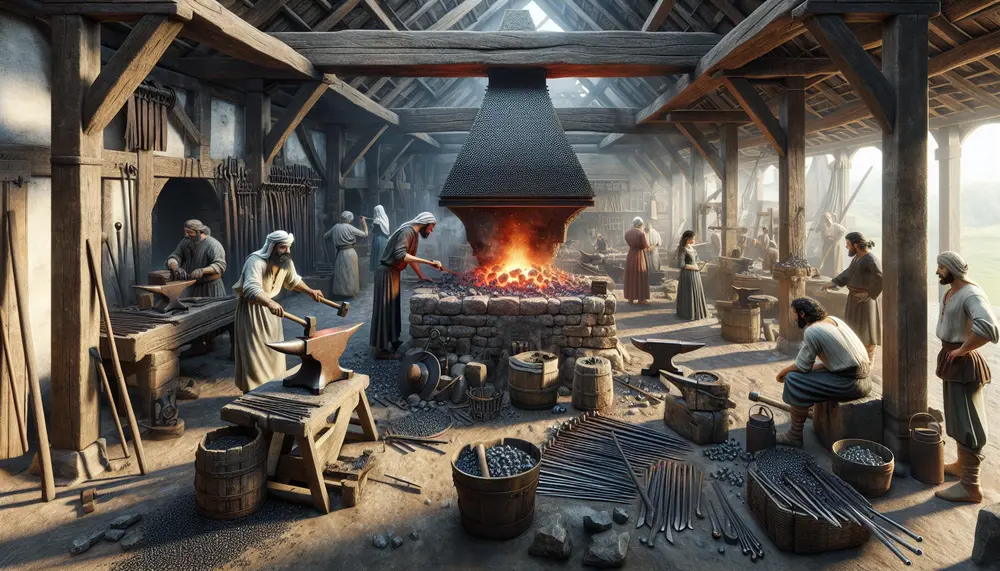
The article "Introduction to Ancient Steel Making" explores the historical context, key techniques, and materials used in ancient steel production across various civilizations. It highlights how early methods influenced modern steel making and underscores the ingenuity of our ancestors in...
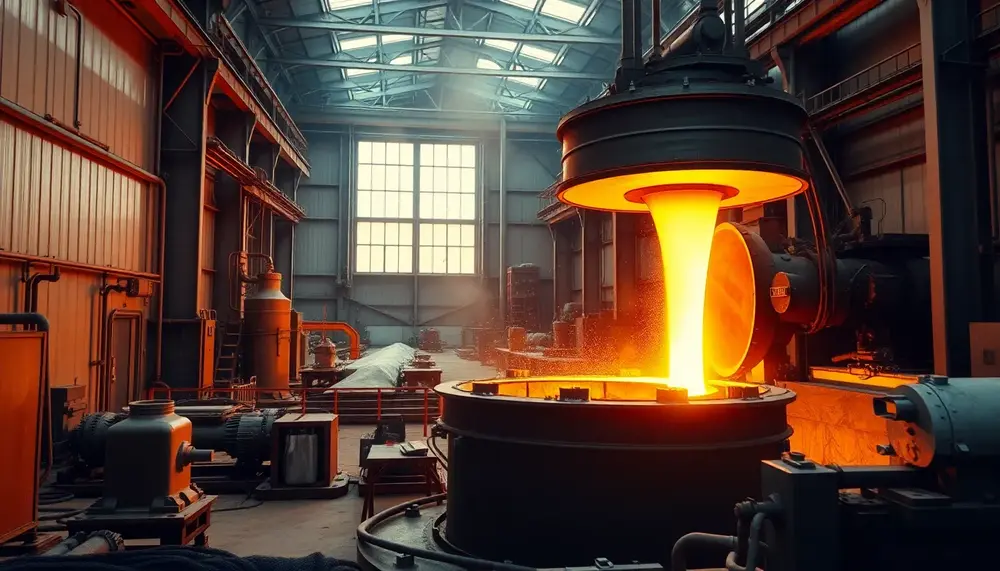
Steelmaking is vital to modern civilization, driving economies, infrastructure development, and sustainability efforts. The industry relies on two main methods—Blast Furnace (BF) for large-scale production with higher emissions and Electric Arc Furnace (EAF) for flexibility and lower environmental impact—shaping a...
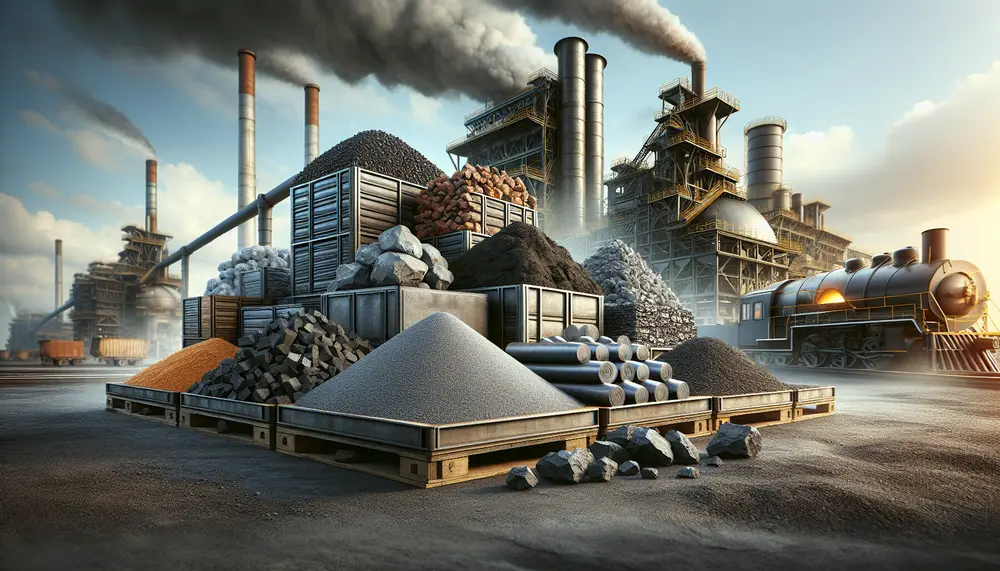
Steel production relies on a balance of raw materials like iron ore, coal, limestone, and scrap metal to determine the characteristics of different steel types. Understanding these ingredients is crucial for industry professionals as they influence strength, durability, and quality...
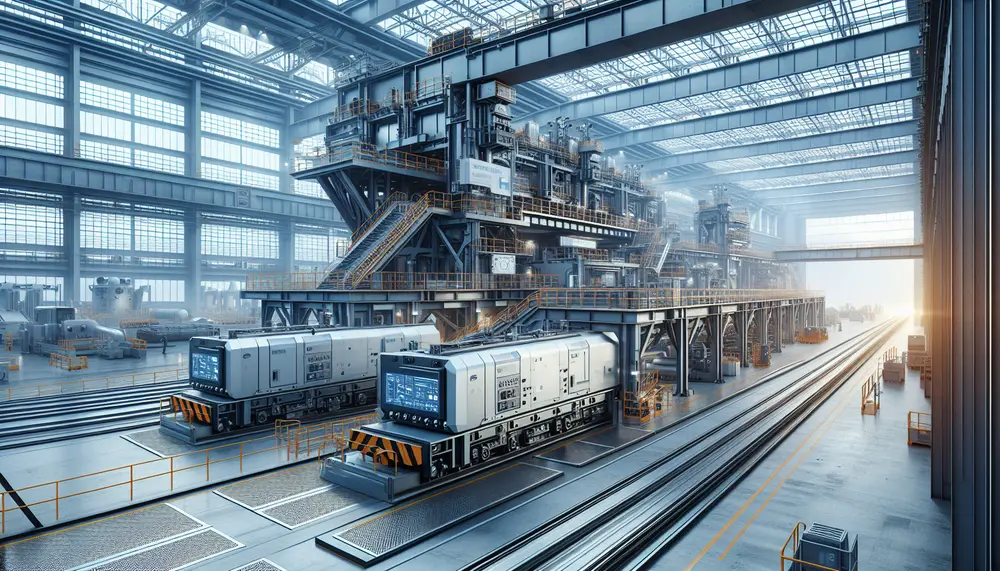
Steel making machines have revolutionized the industry by increasing production speed, improving quality, and enabling precise designs through automation and advanced technology. Automation in steel production has evolved from manual processes to sophisticated machinery that enhances efficiency, safety, and sustainability...
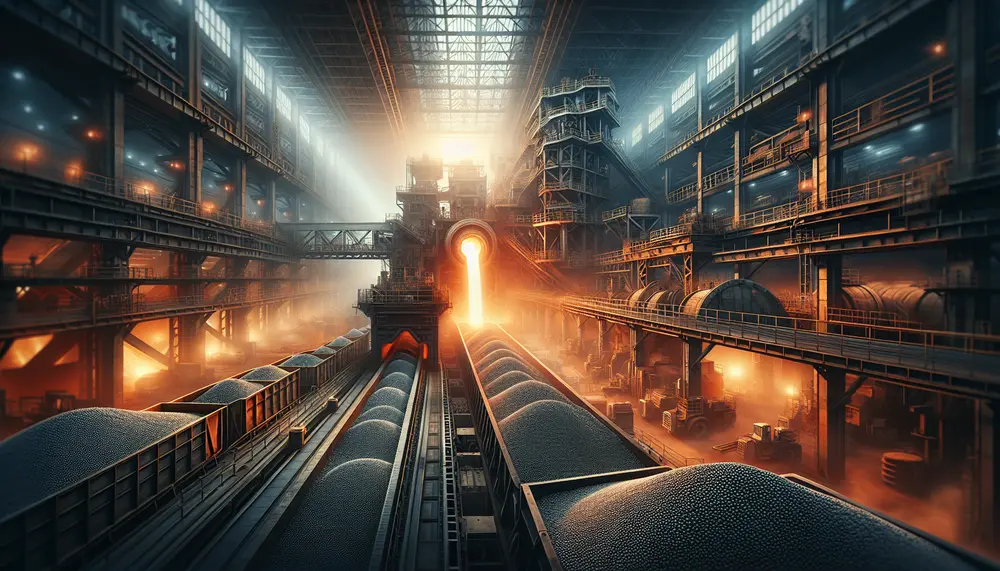
The article details the steel shot manufacturing process, from melting high-quality steel and atomizing it into droplets to cooling, sorting by size, heat treating for hardness and elasticity, conditioning for shape uniformity, tempering for toughness, rigorous testing for quality assurance...
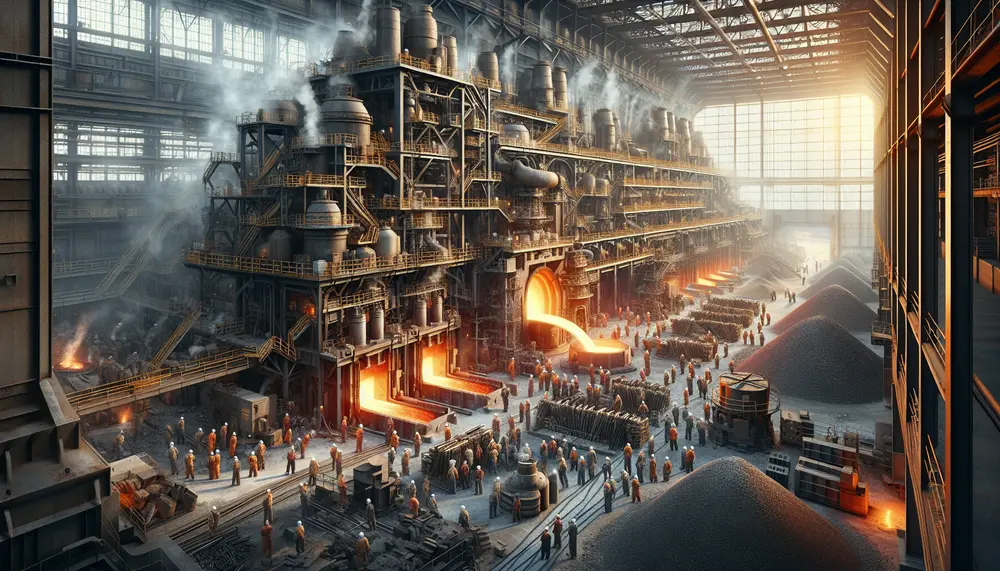
The article provides a comprehensive guide on steel making ore, detailing its types, extraction methods, and the importance of quality in producing high-grade steel. It emphasizes that understanding these aspects is crucial for improving efficiency and product quality in the...
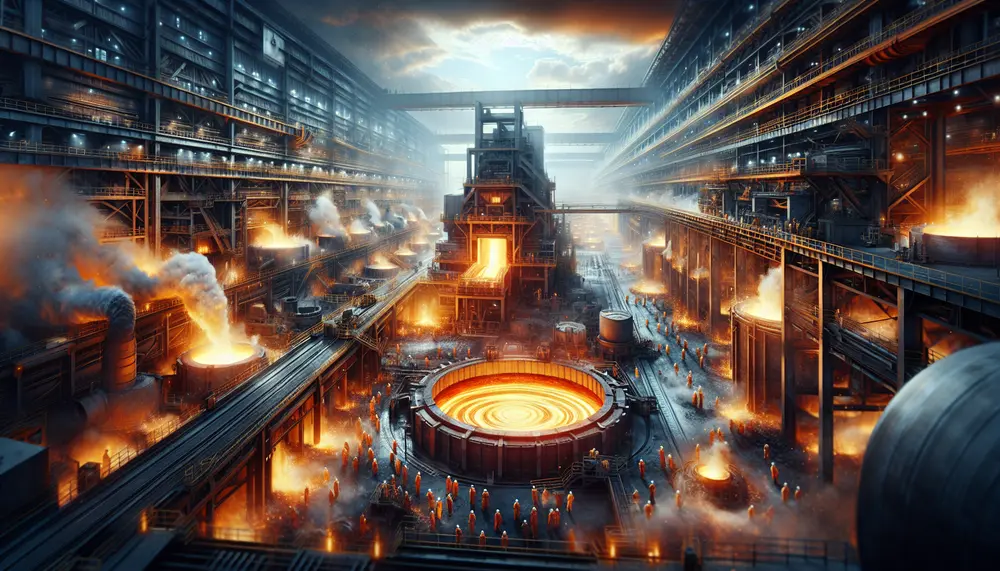
Kish, a carbonaceous byproduct primarily consisting of graphite and impurities like iron and slag, forms during the steelmaking process when molten iron cools. Effective removal of kish is crucial for producing high-quality steel with better mechanical properties, surface finish, product...
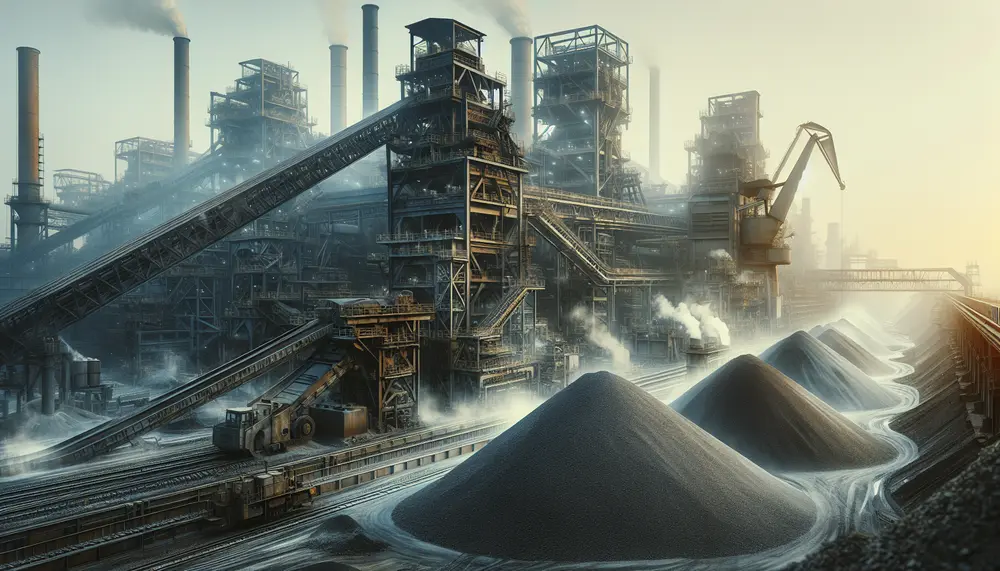
Steel slag, a byproduct of steel production with significant potential for various industries, is economically and environmentally important due to cost savings and reduced carbon footprint through recycling. It can be processed into materials comparable or superior to conventional raw...
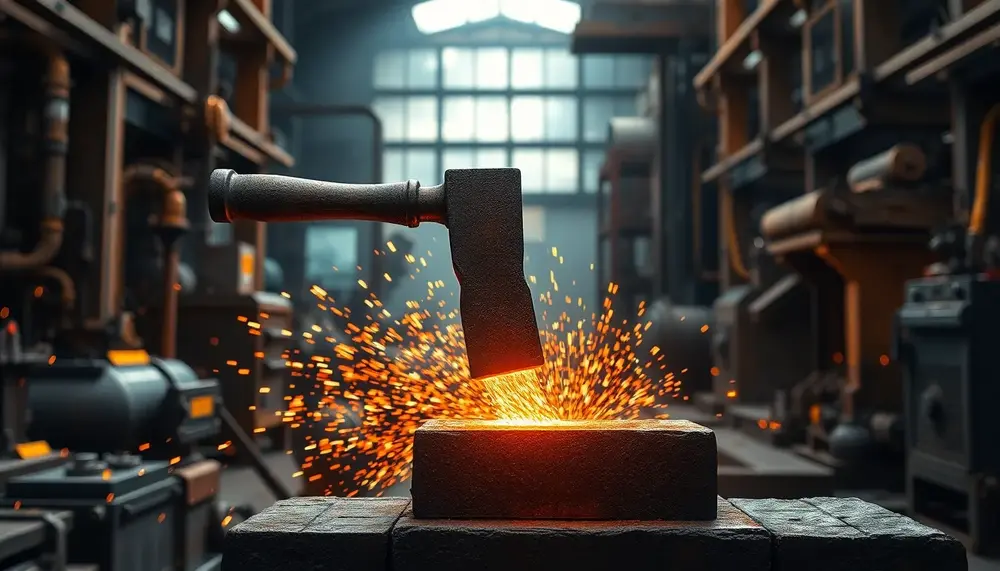
Steel making hammers are essential tools designed for durability, precision, and efficiency in metalworking processes, with various types tailored to specific tasks. Choosing the right hammer type and material ensures enhanced productivity, longevity, and craftsmanship quality in steel forging applications....
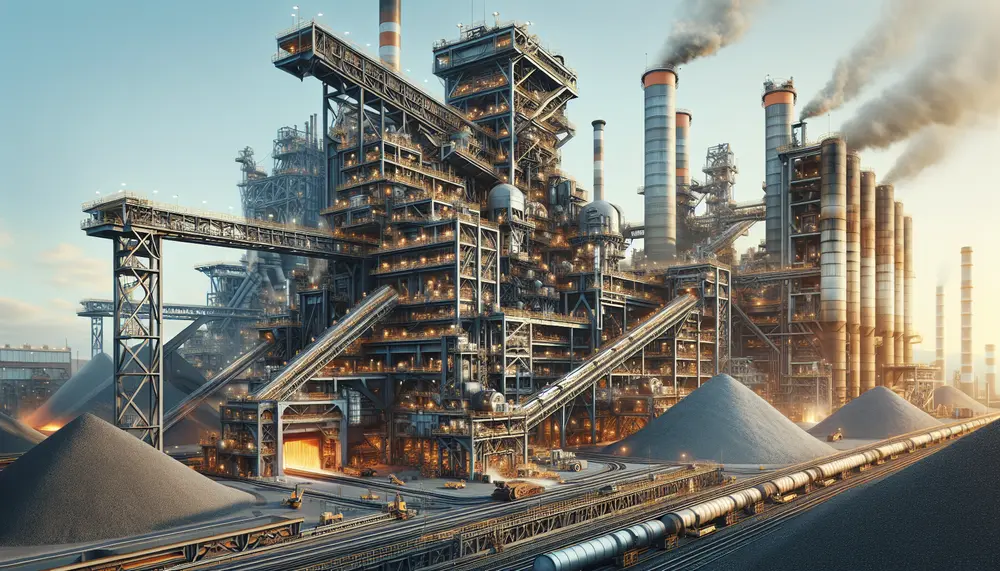
Steelmaking slag, a by-product of steel production, can be repurposed for various applications such as construction and cement production due to its valuable properties like strength, durability, and chemical stability. This not only reduces industrial waste but also promotes environmental...
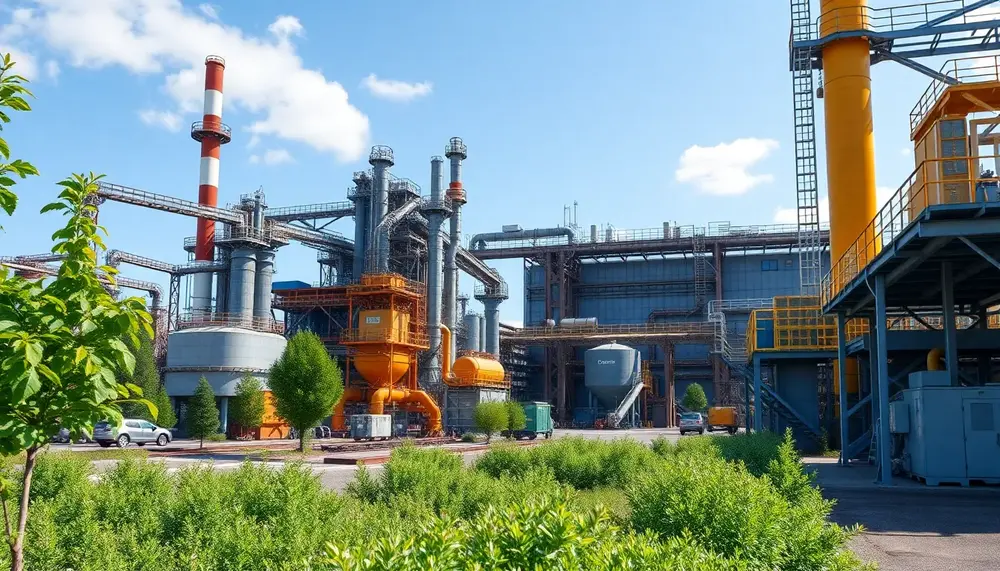
HBI, or Hot Briquetted Iron, is a high-density and stable raw material that enhances steel quality while reducing carbon emissions and operational costs in modern steelmaking....
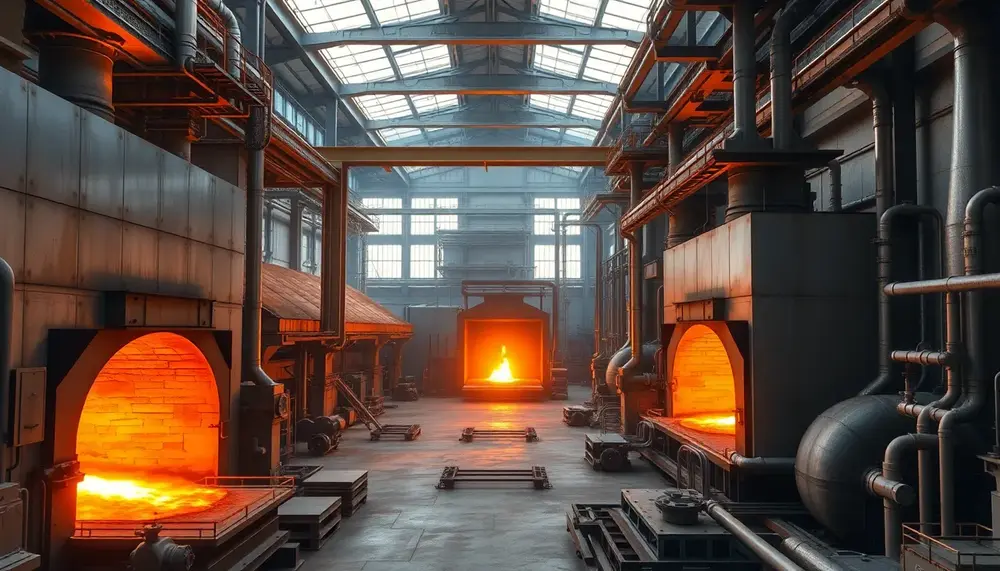
Process gases like blast furnace gas, coke gas, and converter gas play a crucial role in steel manufacturing by enhancing energy efficiency, reducing costs, and supporting sustainability. These gases are repurposed for power generation, industrial processes, and emission reduction efforts...
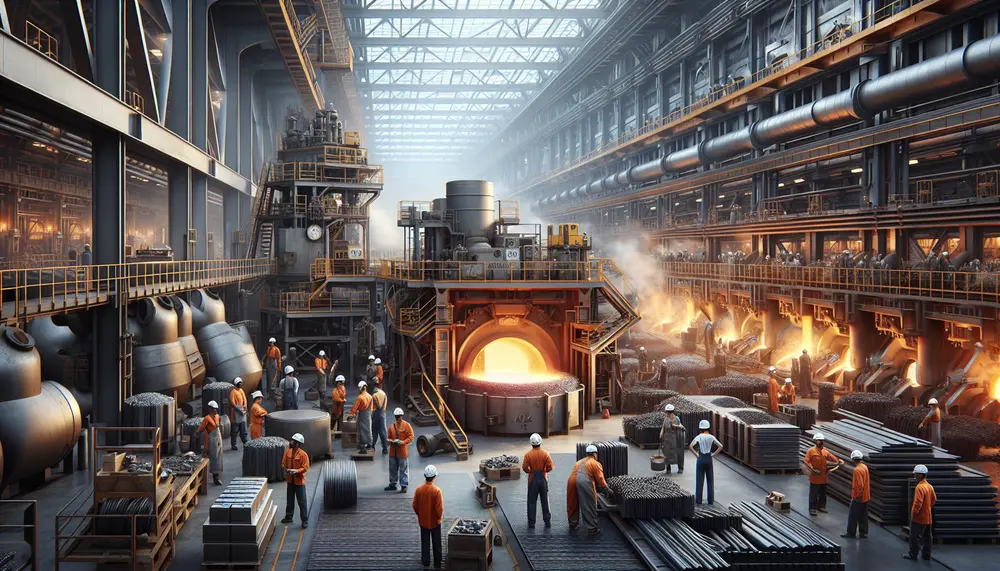
Steelmaking byproducts, such as slag, dust, and sludge, are valuable materials generated during steel production that can be repurposed in various industries to reduce waste and save costs. Utilizing these byproducts offers significant environmental benefits like waste reduction and lower...
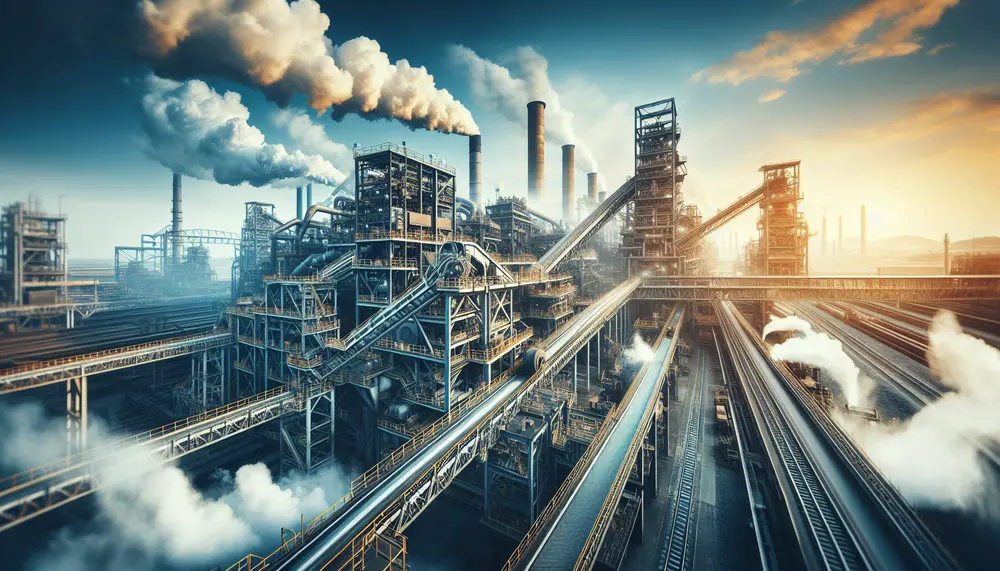
Steel production transforms iron ore into steel through a series of steps that refine the material and add elements like carbon. The process involves mining, beneficiation, sintering, pelletizing, blast furnace smelting with coke and limestone to produce pig iron, followed...
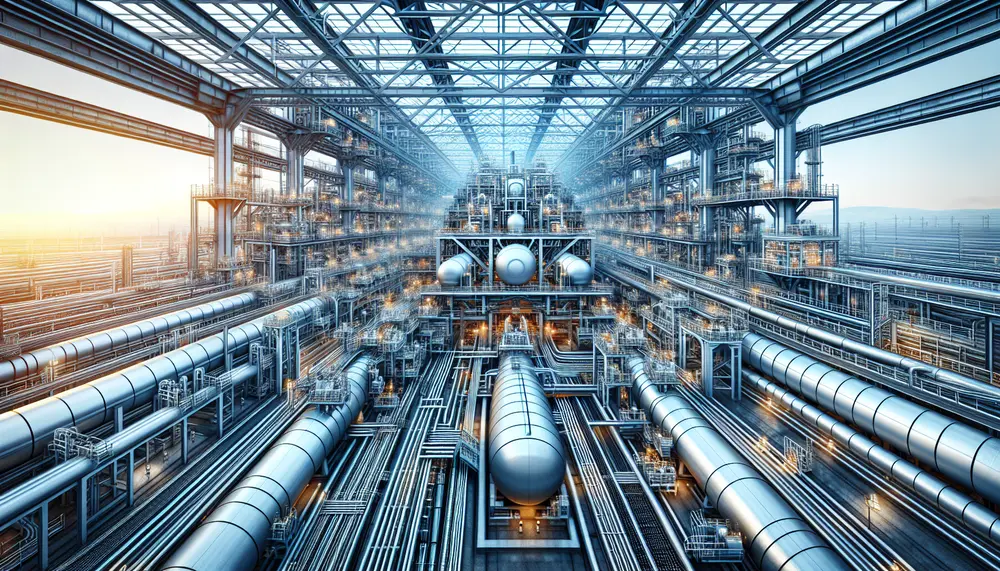
Hydrogen is revolutionizing steel production by serving as a cleaner reducing agent, enabling the industry to reduce carbon emissions and align with sustainability goals. However, integrating hydrogen technology faces challenges such as infrastructure overhaul, storage and transportation logistics, economic factors,...
